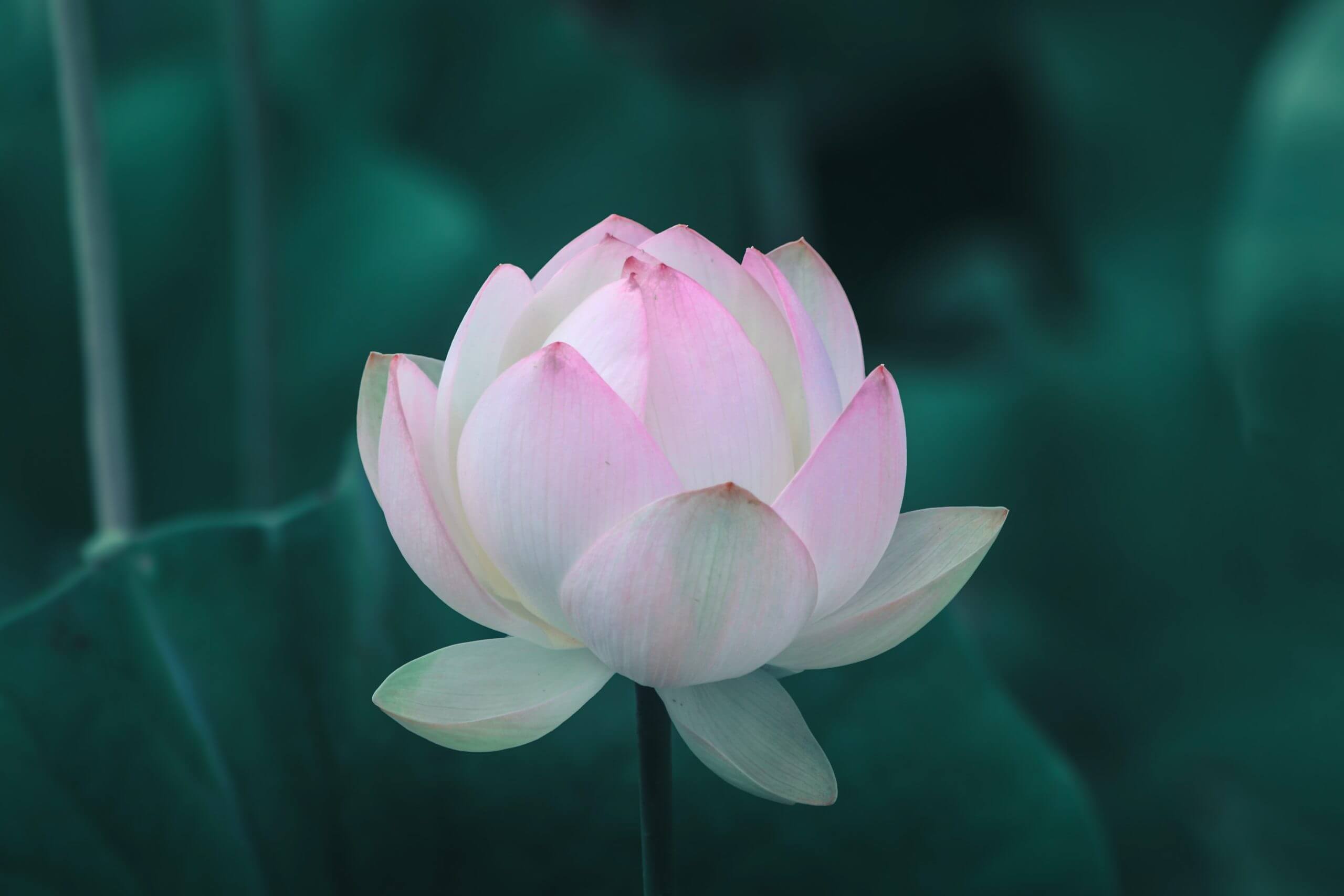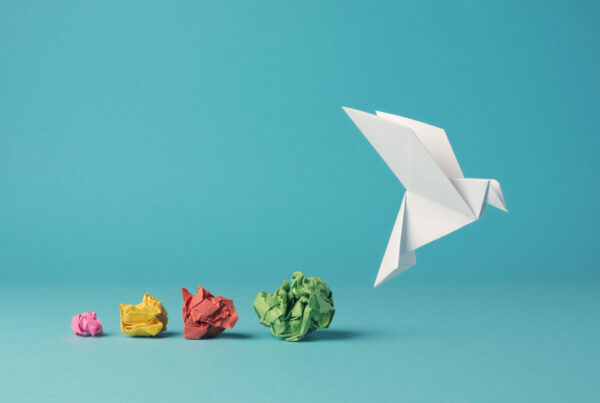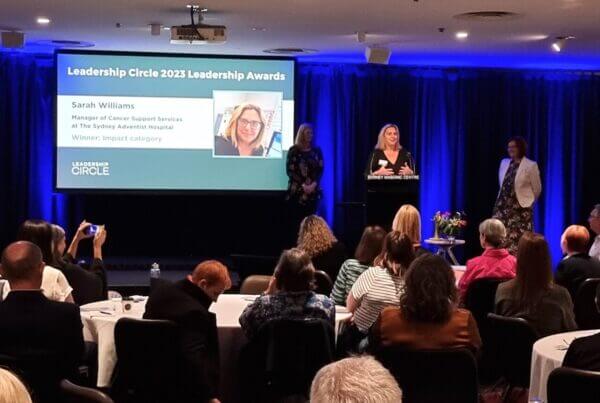The reality is, we are disrupted, afraid, and vulnerable. We feel challenged by how the world around us is changing so rapidly.
Lives disrupted. Lives awakened. Get back to basics. Wash your hands. Call your mother. Reach out to long-lost friends. Shelter to keep our collective community safe. Be vigilant.
While we are disrupted, life does go on. In hidden recesses of our living planet, a lotus flower blossoms from muddy waters. Emerging petal by petal to the surface, resilient, beautiful, and full. We are born of nutrients beneath the murkiness, a seemingly unlikely place for softness and beauty to emerge.
Nature and our ecology reflect our inner world, the human condition. We struggle to adapt to a hostile environment of muddy waters during the most challenging of all times. We are living history soon to be told by our youngest generation. They are living it too. How do they feel about their future leadership role in the uncertain future?
I had an opportunity to ask and inspire thought and dialogue. Each year, for five years now, I have been a guest presenter on leadership for a group of students in their final and formative high school year. The topic: Resilient Leadership During Challenging Times.
I sit in my car on pause. I feel frozen in place. Thoughts are rampant. I take a deep breath, press my inner play button. Emerging from my car, I begin a slow and thought-filled walk to the entrance.
I feel a rush of excitement and nervousness. I take on a systemic lens when in a learning facilitator role. My best hope is to spark one thought, idea, insight, reflection in service of students’ learning and the ripple effect for change across the interconnected system of school, home, and community.
During the pandemic, the class is split into two groups to accommodate social distancing. Today is day two. During yesterday’s session, the students were receptive, and the conversation was openly interactive with questions, ideas, insights, and reflections.
As I near the entrance, I recall:
“Lucy, tomorrow’s class of students tend to be quiet.”, their teacher says.
I appreciate the candor. I feel nervous. Interaction is important to provoke critical thinking, deeper learning, and to spark self-authorship. I feel excited to honour the quiet and the dialogue. Nervous. Excited. I hold both.
With my face mask on, I proceed up the steps to the entrance. I notice a few students wearing face masks, per safety protocol. Faculty and guests enter, then students, on a set schedule.
I catch the eyes of a student, also wearing a face mask. I smile. I reflect: “Oh! He can’t see me smile!” The smile reaches my eyes. I hope he notices. I long to connect.
I long to connect with a non-verbal “I see you,” a simple acknowledgment of being. Being conscious of the impact of non-verbal and verbal signals came early in life. Naturally expressive, I asked a lot of questions in my formative years.
“Stop!”
At the front of the Grade Five classroom stands a seemingly harried teacher aiming to get through the lesson of the day.
“Stop asking questions!” she says emphatically.
Boisterous children grow silent. Seemingly in slow motion, each turn to look.
Sitting in the back of the classroom sits a bright-eyed, relentlessly curious ten-year-old, hand up, perhaps disrupting the flow of today’s lesson plan.
I bring my hand slowly down, below the desk, and into my lap. My forehead drops, eyes drift slowly downward. I feel my heart beating rapidly in my chest. The shock is visceral. I feel ashamed.
Experiencing a deflection point, for a brief period, I turned thoughts and curiosities inward. I had expected my teacher to welcome my questions, listen, and engage with me. Yet, the explicit expectation of teachers in my day, perhaps still today, is to strictly follow the curriculum. Deviation from the lesson plan is disruptive.
Over time, this event stays with me as embedded memory, shaping my identity as a future leader. I feel self-responsibility to inspire inquiry, to feed curiosity. The gift from memory, I habitually listen inward, absorb and lead questions with discernment on sparking curiosity in myself and others. We each have within us our inner student and our inner teacher.
In Mastering Leadership, authors Robert J. Anderson & William A. Adams (2016) begin Chapter 1 with this premise:
“When we step into positions of leadership, we make a whole set of promises we may not know we are making. These promises are profound and come in the form of high, often unspoken expectations. Understanding, maintaining, and living up to these promises defines our leadership.”
The authors explain two forms of expectations: explicit, expressed expectations and implicit, unspoken expectations.
That day, the explicit expectation was to share knowledge and exchange ideas that spark an interactive dialogue on the challenges, benefits, and effective ways to lead oneself and others through challenging times. Implicitly, I aim to connect with the quiet and to engage with the curious.
“We are living history in the making. You and your future generation may even be writing the history we are living right now. How do you feel about the challenging events in the world today?” I ask.
To my delight, a few students immediately put their hands up. They each respond, expressing a sense of self-responsibility for their future, and desired impact and contribution for the betterment of their community. I bear witness to a dialogue on hopes and fears, beliefs and values.
And, true to the expectation set the day before, a few quiet students remain so. Undeterred, an opportunity arises to ask versus teach:
“In your own words, what is empathy?”
The room is quiet. A hand goes up slowly in the back.
“Empathy is when we stand in other people’s shoes, to understand how they may think or feel.”
This student models his inner teacher. I feel joy. Setting up a small group exercise, the students work together in dyads and triads to exchange various resilience strategies. I observe, witnessing students posing questions and answers to each other, at times quite animated!
During the final quarter-hour, the quietest students ask for time to process a question being posed. Then, they volunteer, not waiting to be called upon. They pose answers and comments, and more often than even I had hoped!
This experience is an inflection point during a challenging year. The students I meet rise up and express a sense of self-responsibility for their future leadership role in the uncertain future. We work together with an explicit and shared promise to foster a collective learning experience. Witnessing what could be the emergence of self-authorship is the most satisfying experience of all.
Just as the lotus flower emerges from muddy waters, self-selected leaders are not always in the clearest or most obvious places. Future leaders rise from struggle and uncertainty, and they emerge, when ready, to be resilient and resourceful.
Perhaps the nutrients that foster self-authorship begin with belief in the human spirit, to be with the quiet and the curious state of mind, emergent when called upon and when called forth.
Living history in the making, the struggles and uncertainty, we have something very real to strive for – self-authorship for how we most want to emerge from disruption. We have our inner student and our inner teacher as resources to support us. Consider these four premises to self-authoring your distinctive resilient and resourceful mindset:
Premise #1: It’s okay to not be okay.
Feelings of loss, misgivings, uncertainty, mixed emotions are to be held real, to give space for the information they serve to provide. Energize your heart to listen, to receive, and to reflect: What story is being told about disruption? How does this emerging story help? How does it not help?
Premise #2: Clarity over certainty.
In the midst of uncertainty, the busy mind is at play. Take a pause, calm your mind, take a moment to reflect, and in the words of William James: “Seek out that particular mental attribute which makes you feel most deeply and vitally alive, along with which comes the inner voice which says, “This is the real me,” and when you have found that attitude, follow it.”
Premise #3: Expect the Unexpected.
Just when we think we are comfortable, the unexpected arrives. Discomfort is a fertile place for learning and growth, personally and collectively. Open your full senses, inspire your best self to what’s emerging. Reflect: How can I/we make the best of the unexpected?
Premise #4: Challenge? Opportunity? Yes, Both!
We are uncomfortable and vulnerable. We are disrupted. Give yourself the gift of a two-minute pause to be in discomfort, scan your mind, body, and spirit. You may discern something new in the familiar, something different in the emergent. Reflect: What needs to stop? What needs to start? What needs to continue?
While we are disrupted, while the darkness seeps in, consider the words of Colbie Caillat’s “When The Darkness Comes”:
Now the door is open
The world I knew is broken
There’s no return
Now my heart is not scared
Just knowing that you’re out there
Watching me
So believe…
Embarking on a personal and collective journey through disruption takes curiosity, courage, and conviction. Tap the wisdom in the gifts of life’s deflection and inflection points. For how can we know joy without struggle? We have something very real and important to believe in and strive for – our collective self-authorship.
Look within; your inner lotus awaits its rise to a new day.
*******
Author Biography: Lucy Shenouda’s enduring passion is exploring the human condition. She strives to dive deep into the mysteries of the human experience, in service of personal and professional growth, with focus on cultivating best thinking, creativity and resilience.
As an internationally experienced professional, Lucy has lived and worked across three continents. She has supported Fortune 500/Global 500 marketing leaders as a strategic planning, branding and marketing specialist. Her lived experience adapting across cultures, diverse environments and challenging circumstances sets the foundation for supporting global leaders and their teams in reaching their highest potential while navigating their biggest challenges.
Lucy cultivates conversations on operational excellence, team alignment, change resilience, leadership excellence, and cultural competence. She is a staunch champion of stellar brand experiences across stakeholders, and stakeholder groups from customers, front-line staff, employees through to executive leadership.
From a young age, Lucy is a writer and artist; a connector and strategist; She is a mother of two adult boys, and a self-confessed global citizen.




